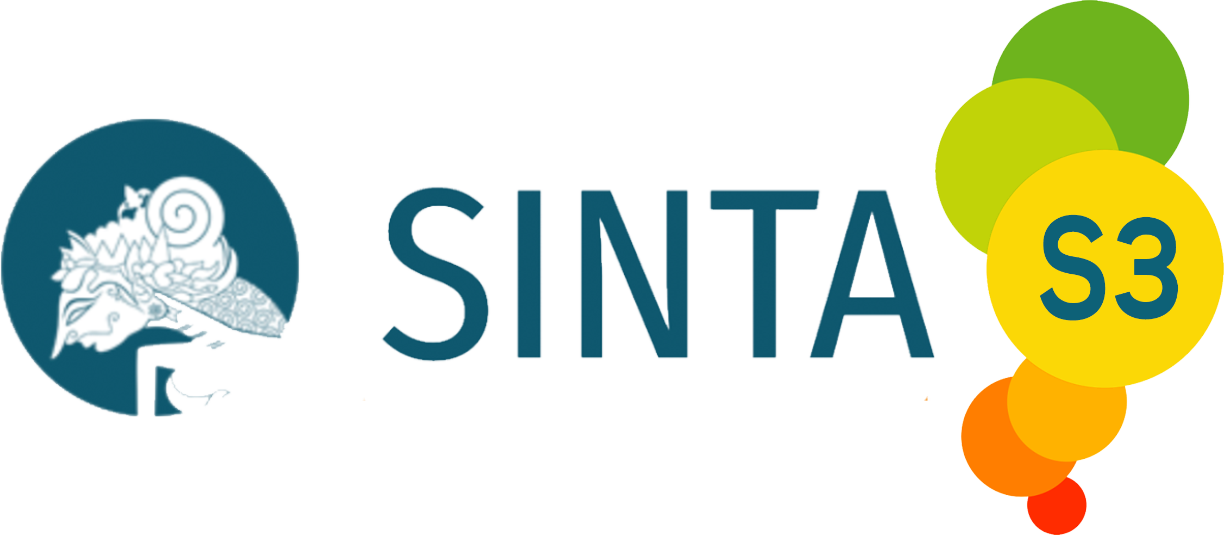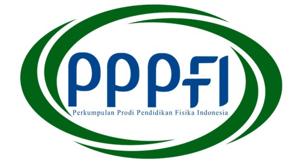INVESTIGATING THE LEVEL OF STUDENT LEARNING STRATEGIES IN PHYSICS COURSES THROUGH THE LASSI INSTRUMENT
DOI:
https://doi.org/10.15575/jotalp.v8i1.22978Keywords:
Learning Strategy, Lassi Instrument, Physics CoursesAbstract
Learning strategy is a strategy students need to gain academic achievement effectively and efficiently. Students with a high level of learning strategies (> 75%) have greater potential for academic success, as in this study which aims to analyze the level of student learning strategies in physics courses through the LASSI instrument. The LASSI instrument is used to diagnose the level of learning strategies, including skill, will, and self-regulated. Each of the three components has essential subscales, including anxiety, attitude, motivation, concentration, information processing, time management, test strategy, self-testing, study aids, and selection of main ideas. Miles and Huberman's technique is used as a technique in data analysis. The respondents included in this study were 65 students, consisting of 38 second-semester students of the mathematics education study program, 17 students of the fourth semester, and ten extension students of the sixth semester. The implications of the results of this study reveal that: 1. student learning outcomes in physics courses based on gender have levels, where females have a higher level of learning strategies than males on the anxiety scale (ANX), Reasoning / Information processing (INP), Concentration (CON), and Using Academic Resources (UAR). While males are superior on the attitude subscale (ATT), Test Strategy (TST), and Time Management (TMT). 2. The classification of student learning strategies obtained consisted of high-level learning strategies; only 42% of students in the 2018/2019 period obtained LASSI scores (75-100). medium learning strategy, and low-level learning strategy. 3. There is a significant relationship between learning strategies and student learning outcomes on the anxiety scale (ANX), motivation (MOT), and test strategy (TST). Significant relationships were also found in the following subscales on concentration (CON), attitude (ATT), and information processing (INP).
References
Stephan, A. T., Harcum, J., Whisler, L., & Stephan, E. A. (2021, July). Using the Learning and Study Strategies Inventory (LASSI) to Track Students’ Growth and Evaluate the Effectiveness of a Learning Strategies Course. In 2021 ASEE Virtual Annual Conference Content Access.
Alexander, P. A., Murphy, P. K., & Guan, J. (1998). The learning and study strategies of highly able female students in Singapore. Educational Psychology, 18(4), 391-407. https://doi.org/10.1080/0144341980180403.
Alexander, P. A., Schallert, D. L., & Hare, V. C. (1991). Coming to terms: How researchers in learning and literacy talk about knowledge. Review of Educational Research, 61(3), 315- 343. https://doi.org/10.3102/00346543061003315.
Alghamdi, A., Karpinski, A. C., Lepp, A., & Barkley, J. (2020). Online and face-to-face classroom multitasking and academic performance: Moderated mediation with self-efficacy for self-regulated learning and gender. Computers in Human Behavior, 102, 214–222. https ://doi.org/10.1016/j.chb.2019.08.018.
Boyte-Eckis, L., Minadeo, D. F., Bailey, S. S., & Bailey, W. C. (2018). Age, gender, and race as predictors of opting for a midterm retest: A statistical analysis of online economics students. The Journal of Business Diversity,s 18(1), 17–28.
Cai, Z., Fan, X., & Du, J. (2017). Gender and attitudes toward technology use: A meta-analysis. Computers & Education, 105, 1–13.
Cano, F. An in-depth analysis of the learning and study strategies inventory (LASSI). (2006). Educ Psychol Meas. 66:1023-38.
Fairchild AJ, Horst SJ, Finney SJ, Barron KE. (2005). Evaluating existing and new validity evidence for the academic motivation scale. Contemp Educ Psychol. 30:331–58.
Fong, C. J., Krou, M. R., Johnston-Ashton, K., Hoff, M. A., Gonzales, C., & Lin, S. (2021). LASSI’s great adventure: A systematic review and meta-analysis of the Learning and Study Strategies Inventory. Educational Research Review, 34. https://doi.org/10.1016/
j.edurev.2021.100407.
Frances Prevatt, Yaacov Petscher, Briley E. Proctor, Abigail Hurst, and Katharine Adams. (2006). The Revised Learning and Study Strategies Inventory: An Evaluation of Competing Models. EducPsycholMeas. 66(3): 448–458. https://doi:10.1177/0013164405282454.
Khalil MK, Williams SE, Hawkins HG. (2018). Learning and study strategies correlates with medical students’ performance in anatomical sciences. Anat Sci Educ. 11(3):236–42. https://doi.org/10.1002/ase.1742.
Pressley, M., Goodchild, F., Fleet, J., Zajchowski, R., & Evans, E. D. (1989). The challenges of classroom strategy instruction. The Elementary School Journal, 89, 301–342. https://doi.org/10.1086/461578.
Ramezani, A. E., Dehgani, M., & Hashemi, H. (2015). An exploratory study of the language-learning style preferences of Iranian EFL high school students. Advances in Language and Literary Studies, 6(2). https://doi.org/10.7575/aiac.alls.v.6n.2p.150
Robbins, S. B., Oh I. S., Le, H., & Button C. (2009). Intervention effects on college performance and retention as mediated by motivational, emotional, and social control factors: integrated meta-analytic path analyses. J Appl Psychol. 94:1163–84.
Richardson, J. T., & Woodley, A. (2003). Another look at the role of age, gender and subject as predictors of academic attainment in higher education. Studies in Higher Education, 28(4), 475–493.
Saskia Kistner, Katrin Rakoczy, Barbara Otto, Eckhard Klieme & Gerhard Büttner. (2015). Teaching learning strategies: The role of instructional context and teacher beliefs. Journal for Educational Research Online. 07(01), 176-197.
Sohail, N. (2013). Stress and Academic Performance among medical student. J Coll Physians Surg Pak. 23(1): 67-71.
Wahyudi, I., Bahri, S., & Handayani, P. (2019). Aplikasi Pembelajaran Pengenalan Budaya Indonesia. Jurnal Teknik Komputer, 5(1), 71-76. http://doi.org/10.31294/jtk.v4i2.
Weinstein, C. E., Husman, J., & Dierking, D. R. (2000). Self-regulation interventions focus on learning strategies. In M. Boekaerts, P. R. Pintrich, & M. Zeidner (Eds.), Handbook of self- regulation. Academic Press. https://doi.org/10.1016/B978-012109890-2/50051-2.
Weinstein, C. E., Palmer, D. R., & Acee, T. W. (2016). LASSI 3rd Edition Learning and Study Strategies Inventory. Clearwater, FL: H&H Publishing.
Yip, M. C. W., & Chung, O. L. L. (2005). Relationship of study strategies and academic performance in different learning phases of higher education in Hong Kong. Educational Research and Evaluation, 11(1), 61-70. https://doi.org/10.1080/13803610500110414.
Yip, M. C. W. (2021). The linkage among academic performance, learning strategies, and self- efficacy of Japanese university students: A mixed-method approach. Studies in Higher Education, 46(8), 1565-1577. https://doi.org/10.1080/03075079.2019.1695111.
Zhou, Y., Graham, L., & West, C. (2016). The relationship between study strategies and academic performance. International Journal of Medical Education, (7):324-332. https://doi.org/10.5116/ijme.57dc.fe0f
Zhonggen, Y. (2021). The effect of gender, educational level, and personality on online learning outcomes juring the COVID-19 Pandemic. International Journal of Educational Technology in Higher Education. https://doi.org/10.1186/s41239-021-00252-3.
Downloads
Published
Issue
Section
Citation Check
License
Journal of Teaching and Learning Physics is licensed under a Creative Commons Attribution-NonCommercial-NoDerivatives 4.0 International License








